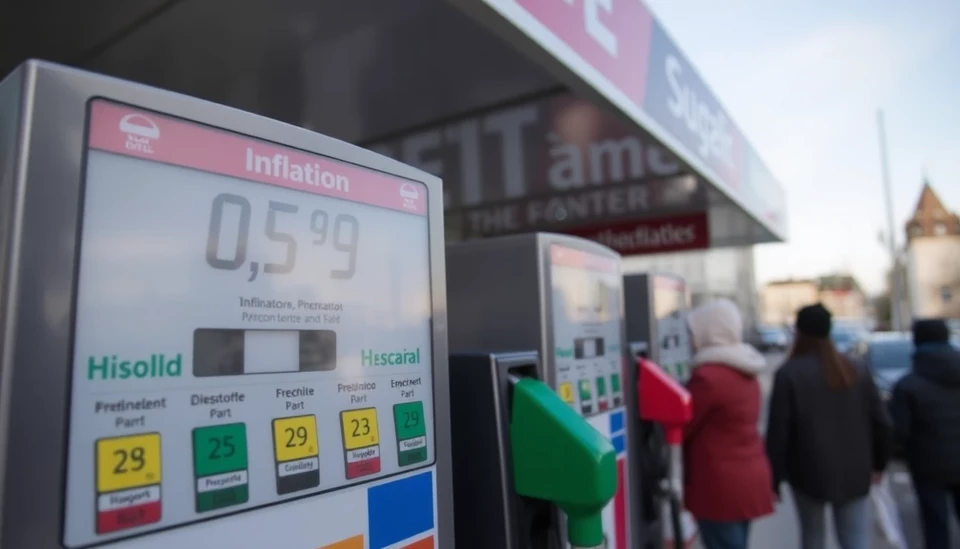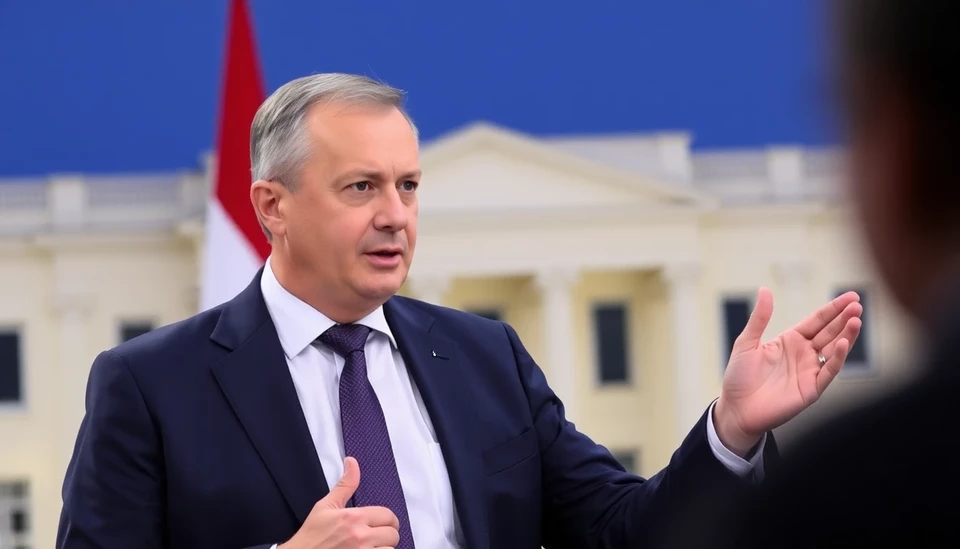
In a significant turn of events for Hungary, the country's inflation rate has surged dramatically, reaching levels that have begun to pose serious political challenges for Prime Minister Viktor Orban. Recent reports indicate that inflation in Hungary has reached an alarming rate of over 25%, a level unprecedented in recent history. This rising economic turmoil is not only straining the finances of everyday citizens but is also placing increasing pressure on Orban's administration.
The inflationary spiral can be attributed to a myriad of factors, but key among them is the soaring cost of energy and food, both of which have seen substantial price increases in recent months. The Hungarian government, while remaining committed to various economic reforms, is now faced with the daunting task of addressing these challenges amid a backdrop of domestic political dissatisfaction and external economic pressures. As prices for essential goods escalate, the public’s trust in the government’s ability to manage the economy could erode, potentially leading to unrest.
In response to this critical situation, Orban's government has implemented various measures aimed at stabilizing prices. These include price caps on staple goods and subsidies designed to shield consumers from further inflation-related shocks. However, experts express skepticism over the long-term effectiveness of such interventions, raising concerns that they may only offer temporary relief while exacerbating underlying issues in the Hungarian economy.
The political ramifications of the current inflation crisis are already beginning to manifest. As public discontent grows, opposition parties are likely to exploit the situation to challenge Orban's grip on power. The ruling Fidesz party has historically enjoyed significant electoral success, but with inflation becoming a top concern for voters, the dynamics of the political landscape may shift. Analysts suggest that if the government fails to bring inflation under control, it could lead to significant electoral setbacks in upcoming local and national elections.
Furthermore, Hungary's broader economic context complicates matters. The country has been witnessing a decline in foreign investments, which are crucial for sustaining economic growth and stability. Investors appear cautious about committing to projects in Hungary due to the uncertain economic climate, which is exacerbated by the geopolitical tensions affecting the region. The rising inflation is just one part of a larger puzzle that includes labor shortages and supply chain disruptions, both of which could threaten Hungary’s economic future.
As the situation develops, all eyes will be on Orban’s government to see how they navigate this economic storm. The next few months could prove crucial, as correcting the inflation trend will not only help stabilize the economy but also determine the political fate of Orban and his administration. With every passing day, the patience of Hungary's citizens could wear thinner, making the resolution of this crisis a priority not just for economic stability, but for political survival as well.
In summary, Hungary is at a pivotal juncture where its soaring inflation rates are challenging its leadership and threatening its economic foundation. The actions undertaken by Viktor Orban’s government in the coming months will be vital in determining whether they can regain public trust and stabilize the nation’s economy.
#Hungary #Inflation #ViktorOrban #Politics #Economy #EconomicCrisis #PublicDissatisfaction #Fidesz #PoliticalChallenges
Author: Daniel Foster




